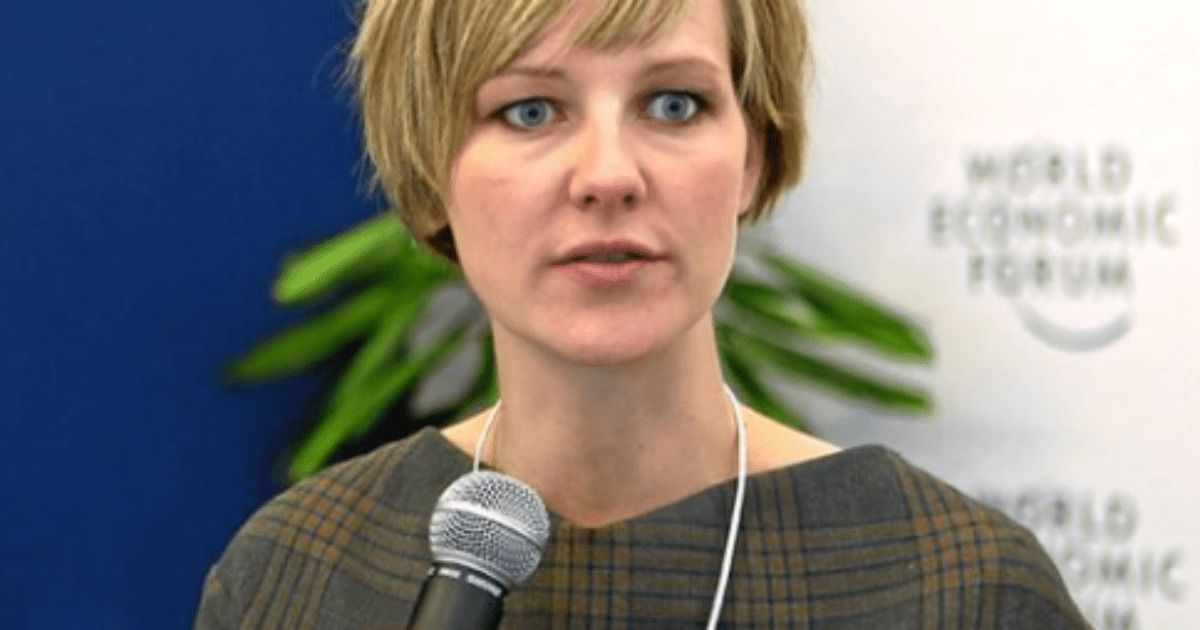By now if you are a reader of WLT, you should know that the WEF (World Economic Forum) is up to no good.
The WEF which is led by Klaus Schwab has been priming the world to enter the Great Reset.
Before it was scrubbed from their own site, the Great Reset in the WEF’s own words is an economic reset that will result in people owning nothing and being happy.
Even though the phrase was scrubbed from their site, a version of the phrase is still up on Twitter in a forgotten tweet.
Take a look:
https://twitter.com/wef/status/808328302213689344
If you click the link it will take you to a scrubbed page on the WEF’s website:

But what WEF's spokesperson claimed was inaccurate.
The phrase, “Own nothing, be happy,” hadn’t originated on 4chan; it originated on WEF’s own website.
“Welcome to 2030,” read the article by a Danish MP, “I own nothing, have no privacy, and life has never been better.” pic.twitter.com/RX9pFuftw7
— Michael Shellenberger (@shellenberger) January 16, 2023
Read about the WEF’s 8 predictions for the future here:
1. All products will have become services. “I don’t own anything. I don’t own a car. I don’t own a house. I don’t own any appliances or any clothes,” writes Danish MP Ida Auken. Shopping is a distant memory in the city of 2030, whose inhabitants have cracked clean energy and borrow what they need on demand. It sounds utopian, until she mentions that her every move is tracked and outside the city live swathes of discontents, the ultimate depiction of a society split in two.
2. There is a global price on carbon. China took the lead in 2017 with a market for trading the right to emit a tonne of CO2, setting the world on a path towards a single carbon price and a powerful incentive to ditch fossil fuels, predicts Jane Burston, Head of Climate and Environment at the UK’s National Physical Laboratory. Europe, meanwhile, found itself at the centre of the trade in cheap, efficient solar panels, as prices for renewables fell sharply.
3. US dominance is over. We have a handful of global powers. Nation states will have staged a comeback, writes Robert Muggah, Research Director at the Igarapé Institute. Instead of a single force, a handful of countries – the U.S., Russia, China, Germany, India and Japan chief among them – show semi-imperial tendencies. However, at the same time, the role of the state is threatened by trends including the rise of cities and the spread of online identities,
4. Farewell hospital, hello home-spital. Technology will have further disrupted disease, writes Melanie Walker, a medical doctor and World Bank advisor. The hospital as we know it will be on its way out, with fewer accidents thanks to self-driving cars and great strides in preventive and personalised medicine. Scalpels and organ donors are out, tiny robotic tubes and bio-printed organs are in.
5. We are eating much less meat. Rather like our grandparents, we will treat meat as a treat rather than a staple, writes Tim Benton, Professor of Population Ecology at the University of Leeds, UK. It won’t be big agriculture or little artisan producers that win, but rather a combination of the two, with convenience food redesigned to be healthier and less harmful to the environment.
6. Today’s Syrian refugees, 2030’s CEOs. Highly educated Syrian refugees will have come of age by 2030, making the case for the economic integration of those who have been forced to flee conflict. The world needs to be better prepared for populations on the move, writes Lorna Solis, Founder and CEO of the NGO Blue Rose Compass, as climate change will have displaced 1 billion people.
7. The values that built the West will have been tested to breaking point. We forget the checks and balances that bolster our democracies at our peril, writes Kenneth Roth, Executive Director of Human Rights Watch.
8. “By the 2030s, we’ll be ready to move humans toward the Red Planet.” What’s more, once we get there, we’ll probably discover evidence of alien life, writes Ellen Stofan, Chief Scientist at NASA. Big science will help us to answer big questions about life on earth, as well as opening up practical applications for space technology.
Sounds horrific, right?



Join the conversation!
Please share your thoughts about this article below. We value your opinions, and would love to see you add to the discussion!